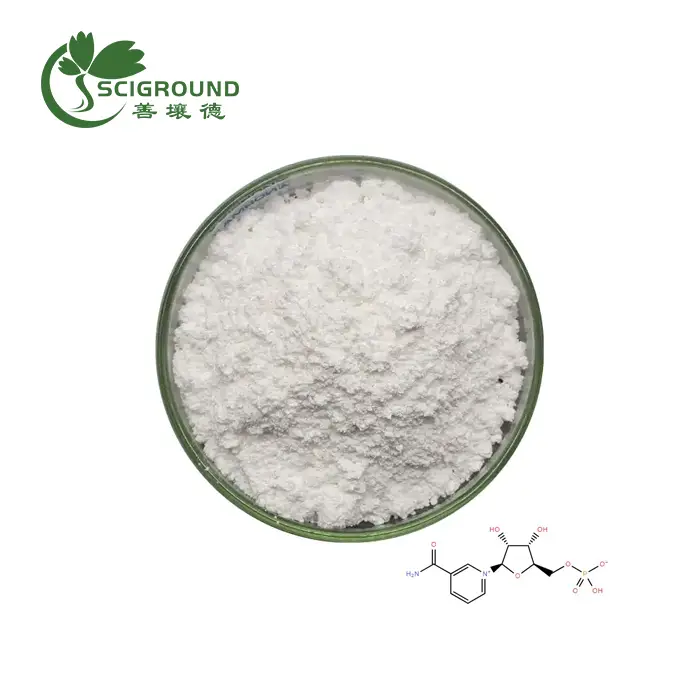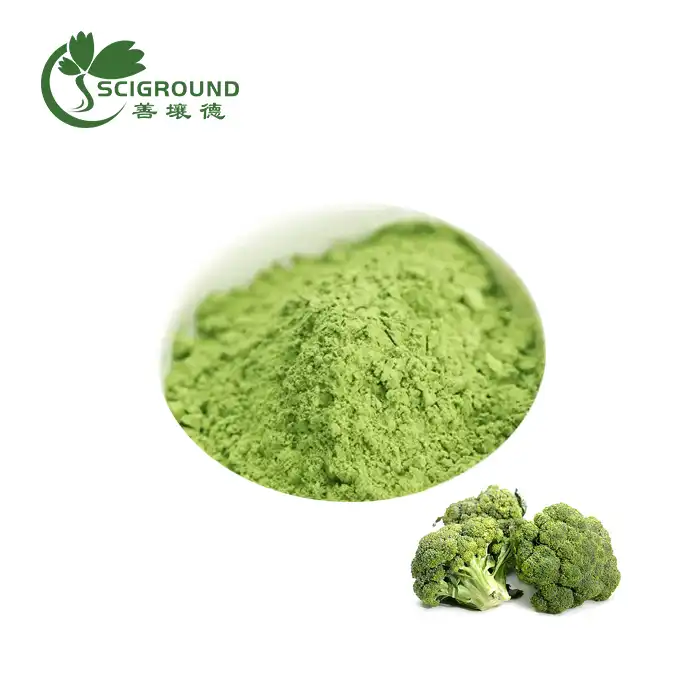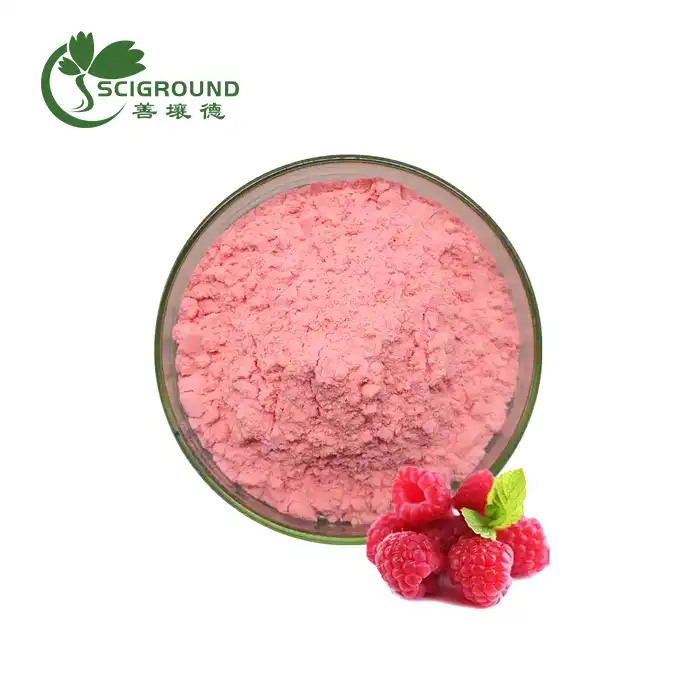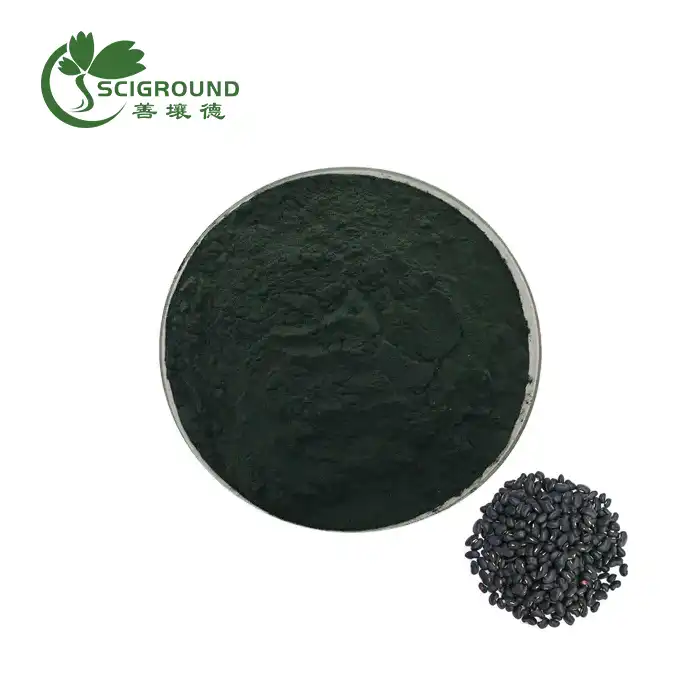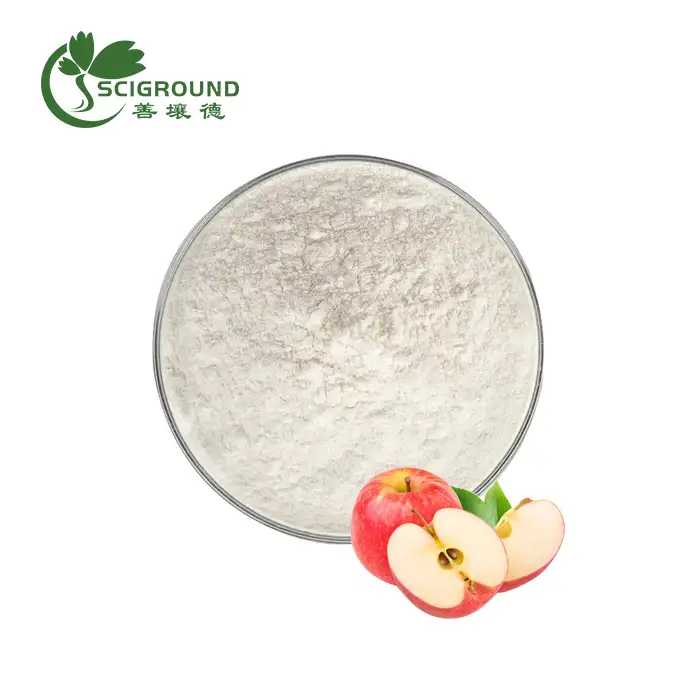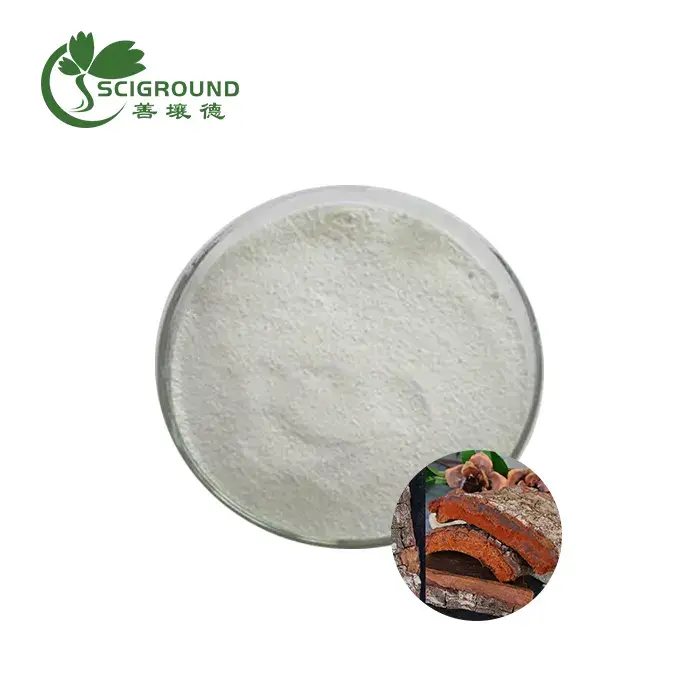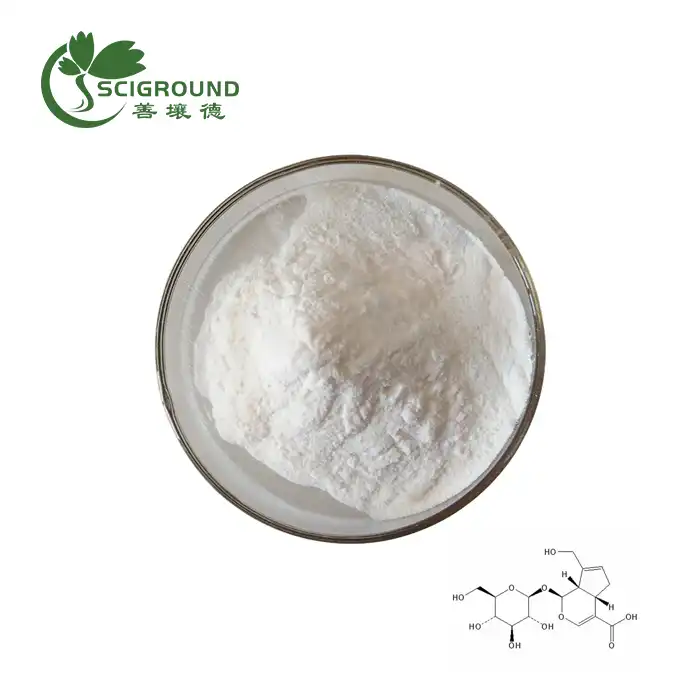When to take inulin
What is Inulin and How Does It Work?
Inulin is a soluble prebiotic fiber found naturally in foods such as chicory, garlic, onions, wheat, bananas and asparagus. It is indigestible by human enzymes, but acts as an energy source for beneficial gut bacteria like Bifidobacterium and Lactobacillus species. Supplemental inulin is typically extracted from chicory root.
Consuming inulin promotes the growth and activity of healthy bacteria in the colon. This can strengthen the gut microbiome, improve digestion and regularity, enhance immunity and nutrient absorption, and provide other benefits. The standard dosage of inulin powder is 2-10 grams per day. Now let’s explore research on optimal timing.

Best time to take inulin for weight loss
If your primary goal is losing weight or maintaining a healthy weight long-term, studies indicate taking inulin approximately 30 minutes before main meals may be most advantageous.
In a 3-month clinical trial published in Obesity Facts, obese adults were randomized to take either 10 grams of supplemental inulin or placebo dissolved in water 30 minutes prior to lunch and dinner. The inulin group lost significantly more weight compared to placebo by the end of the study.
Consuming bulk inulin 30 minutes before eating is thought to be beneficial because it promotes increased feelings of satiety and fullness right before a meal. This is likely due to inulin’s ability to expand and form a viscous gel when it comes into contact with water in the GI tract. Taking it 30 minutes prior provides sufficient time for this bulk-forming effect to develop, which can then lead to lowered overall calorie intake during the meal.
Based on the research, I recommend taking 5-10 grams of inulin powder dissolved in 8-12 oz of water approximately 30 minutes before your 1-2 primary meals of the day if aiming to reduce calorie intake and lose weight. This dose and timing appears optimal. Spreading the inulin intake throughout the day in 2-3 servings may also be an effective strategy.
When to take inulin for sleep?
Emerging research suggests wholesale inulin supplementation may help support deeper, higher quality sleep in those with disrupted sleep patterns.
In one recent study published in the Journal of Chiropractic Medicine, adults with sleep complaints were given either 3 grams per day of inulin derived from Jerusalem artichoke or placebo for 4 weeks. The inulin group experienced significant improvements in sleep efficiency, sleep time, and sleep onset compared to placebo.
While more research is still needed, scientists hypothesize these benefits are related to inulin’s prebiotic effects on the gut microbiome. Modulating gut flora composition may help optimize levels of key neurotransmitters and hormones involved in regulating sleep-wake cycles.
Based on the limited but promising research, I recommend taking 3-5 grams of supplemental inulin powder about 30 minutes before bedtime for those seeking to enhance sleep quality naturally. The dosage can be gradually increased up to 10 grams as tolerated. Monitoring sleep metrics before and during inulin supplementation is advisable.
Can you take inulin on an empty stomach?
It is generally safe to take bulk inulin powder on an empty stomach first thing in the morning, but introducing it slowly in lower dosages is advisable to minimize risk of side effects.
Some individuals report mild GI side effects like bloating, gas, and abdominal discomfort when consuming inulin, especially at high doses on an empty stomach. Starting with just 1-2 grams dissolved in water upon waking and incrementally increasing over 2-3 weeks allows the gut microbiome time to adjust as populations of beneficial bacteria expand.
This method of starting low and going slow when taking inulin on an empty stomach can help prevent excessive gas production and GI distress. Within several weeks, most people tolerate larger doses well.

How often should you take inulin?
Most human clinical trials demonstrating health benefits of inulin have administered it on a daily basis, suggesting daily consumption is likely ideal. However, splitting the daily dosage into 2 or 3 smaller servings consumed throughout the day may further amplify inulin’s effects.
In one study, participants were given 5 grams of inulin powder 3 times per day (15 grams total daily). After just 2 weeks, this group showed significantly increased Bifidobacterium levels in the gut compared to placebo.
Based on such findings, I typically recommend taking a total of 5-10 grams of inulin split into 2 or 3 doses per day. This provides a consistent influx of prebiotic fiber to nourish beneficial intestinal bacteria.
Is it OK to take inulin every day?
Numerous human trials report that daily inulin supplementation appears safe and well-tolerated for most healthy adults when taken for up to 1 year. However, mild GI side effects can occur, so gradual introduction is advisable.
In rare cases, individuals sensitive to FODMAP foods experience diarrhea, worsened IBS symptoms or excessive gas and bloating from regular daily inulin use. Discontinuing supplementation usually resolves these issues quickly.
Provided you tolerate inulin well without adverse reactions, taking it daily offers significant prebiotic benefits for digestive health with minimal risks. However, it is wise to consult your physician before beginning regular use of any new supplement.

Does inulin affect sleep?
Here are general dosage suggestions based on your intended health goals:
For overall digestive and gut health - Start with 2-3 grams per day and gradually increase to 5-10 grams divided into 2 daily doses.
For weight management - Take 5-10 grams about 30 minutes prior to 1 or 2 main meals.
For sleep improvement - Try 3-5 grams before bedtime, can build up to 10 grams.
For cholesterol and heart health - 10 grams per day appears effective based on studies.
When supplementing with any fiber like organic inulin powder bulk, be sure to drink plenty of water. And as always, it's best to start low and go slow when increasing dosage to allow your body time to acclimate.
Inulin dosage per day
To avoid toxin, be apprehensive of the applicable lozenge( over) and keep the upper limit in mind. According to the FDA, studies have set up no significant adverse goods in healthy grown-ups who consumed as important as 40 grams of inulin per day.14 At high boluses( lesser than 40 grams), gas and loose droppings are the most common adverse effect.
still, you may want to seek medical attention, If you consume further than this quantum or further than what's recommended by a healthcare provider.
How many times a day should you take inulin?
Bulk organic inulin powder is high in fibre and can be incorporated into your daily diet by dissolving into drinks or food.
For example, a typical supplement provides 4.5g fibre per serving and can be enjoyed up to three times a day.
The Bottom Line
In summary, human clinical studies suggest strategic timing of inulin intake may provide advantages depending on your particular health goals. Consuming inulin approximately 30 minutes before meals seems optimal for weight loss, while taking it before bed may help improve sleep quality. At a bare minimum, aim for one daily dose, but splitting into 2-3 smaller servings may enhance inulin's prebiotic effects. Talk to your doctor to determine if supplementation is right for you.
References:
https://www.ncbi.nlm.nih.gov/pmc/articles/PMC6628108/
https://academic.oup.com/ajcn/article/88/5/1295/4617100
https://www.ncbi.nlm.nih.gov/pmc/articles/PMC7355084/
https://www.ncbi.nlm.nih.gov/pmc/articles/PMC6463314/
https://www.medicalnewstoday.com/articles/326276
ABOUT AUTHOR

Celine Xu is a botanist with over 15 years of experience researching and developing plant extracts for nutritional and pharmaceutical applications. She leads an R&D team focused on identification, cultivation and extraction of medicinal plants. Celine Xu earned a Ph.D. in Plant Biology has authored numerous articles in peer-reviewed journals about the health benefits of specific phytochemicals. She frequently speaks at industry conferences about new developments in plant extract research. Celine Xu is dedicated to advancing the scientific understanding of how targeted plant compounds can be used to improve human health.
Related Industry Knowledge
- What is Aloe Vera Powder?
- Is L-Theanine the Same as L-Threonine?
- How do you take proline powder?
- What does white kidney bean extract do to your body?
- Inulin Benefits
- L Arginine HCL Benefits
- What is dihydromyricetin
- Dihydromyricetin Benefits
- Is L-carnitine Worth the Hype?
- Kudzu Root Extract Powder: Uncovering Its Health Benefits
